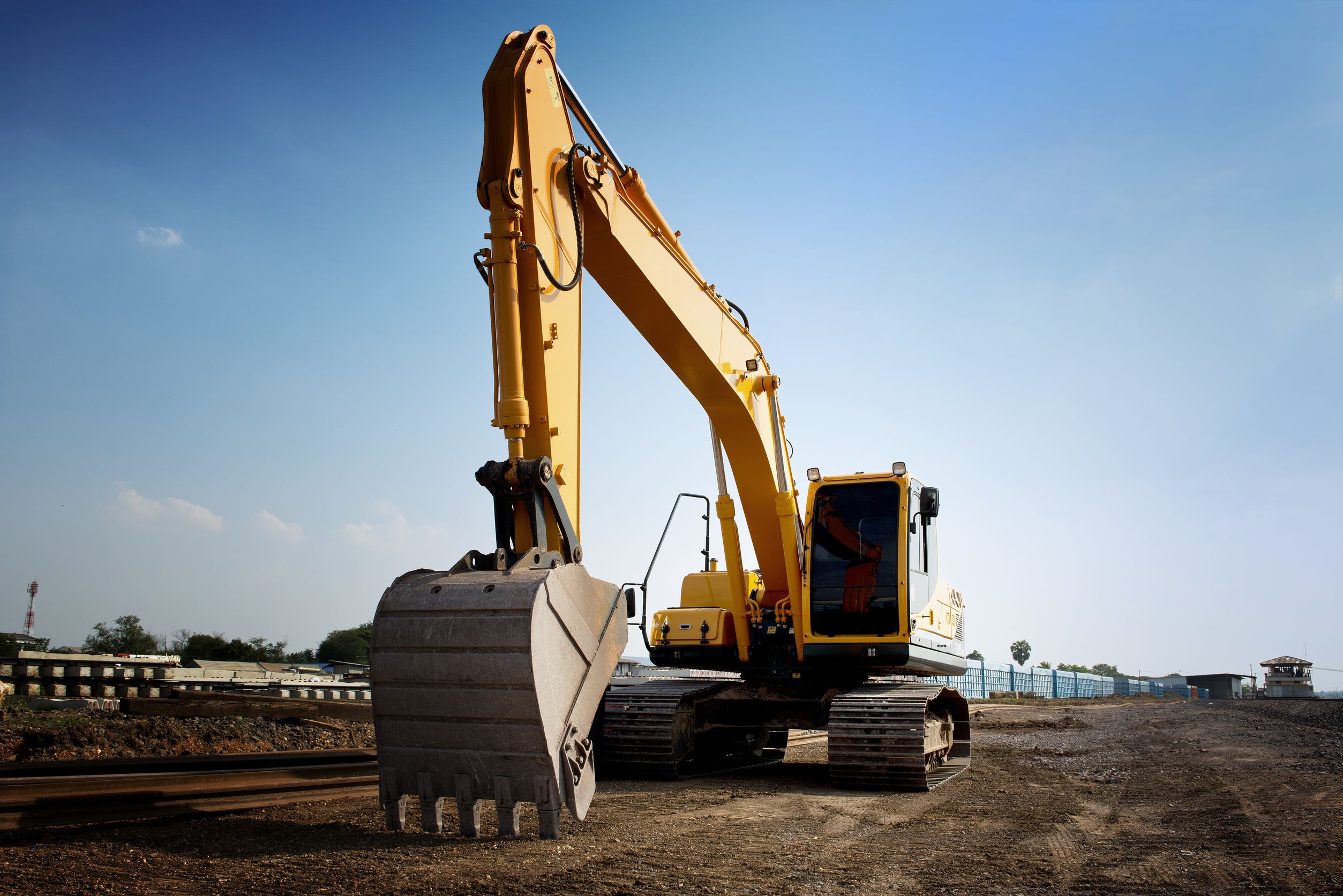A common question that homeowners have about their septic tanks in Bonney Lake, WA has to do with the frequency with which they are emptied, along with a corollary question about where the waste ends up afterwards.
About a third of all homeowners have a septic tank in their back yards that treats the water that runs down the various drains extended throughout their houses. All of these pipes, whether from the bathroom or kitchen, come together at a pivotal point in order to unite in a single pipe that connects directly to their septic tanks. Bonney Lake, WA experts in septic services are sometimes called when a pipe is knocking or blocked inside the house, but once the problem involves this major pipeline, the experts are nearly always called. For many homeowners, this indicates a problem much larger than a clogged up sink.
Most septic tanks in Bonney Lake, WA begin to separate waste at the juncture where the pipeline from the house connects with them. The tanks themselves are of course buried and submerged in the ground. Inside the tank, the sludge, which is the heaviest stuff, tends to sink and line the lower extremities of the tank. Various fats and protein, as well as different kinds of oil that is found in the water waste, does the opposite and rises to the top of the tank where it becomes scum. What’s left, the more or less clear water that comprises most of the tank, is gray water, or, water that is technically known as effluent.
Near the septic tank is an underground area of land that is referred to as the drain field, probably for obvious reasons – the effluent water is released into it when you have your tank drained. This “field” is below ground but above the water table in order to prevent contamination. The remaining sludge and scum (i.e., the remaining septage) is usually taken by professionals to a water treatment plant once levels build up in your tank. An alternate uses for septage is to use it to provide fertilizer to grow “inorganic food”, according to the USDA.
You should have your septic tank inspected and emptied about once a year. If it is backed up, however, and your toilets and sinks are overflowing, the best time to seek remediation is immediately! If you miss inspections or put off emptying effluent water, sludge and scum from your tank, it will back up, which could cause thousands of dollars’ worth of damage, including to your equipment and pipes.








